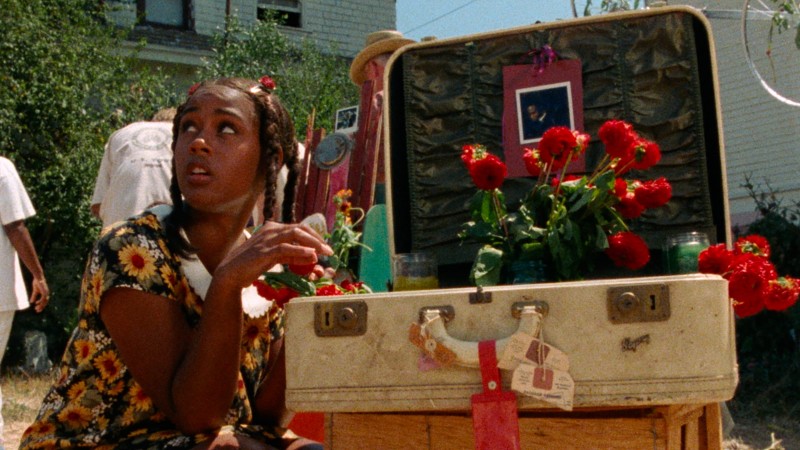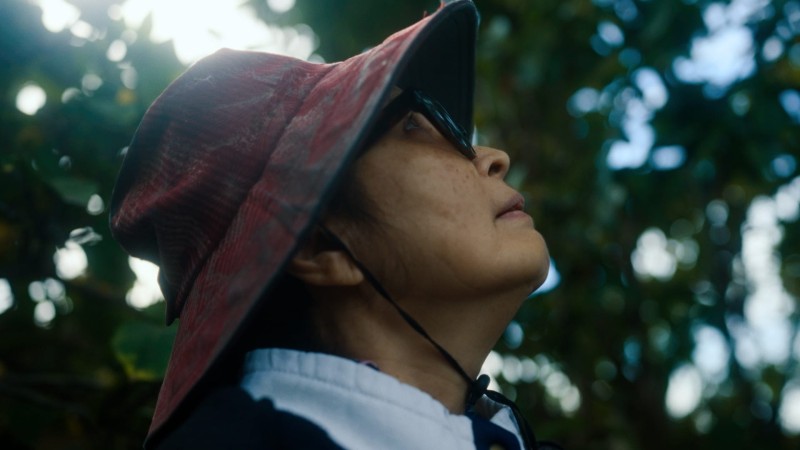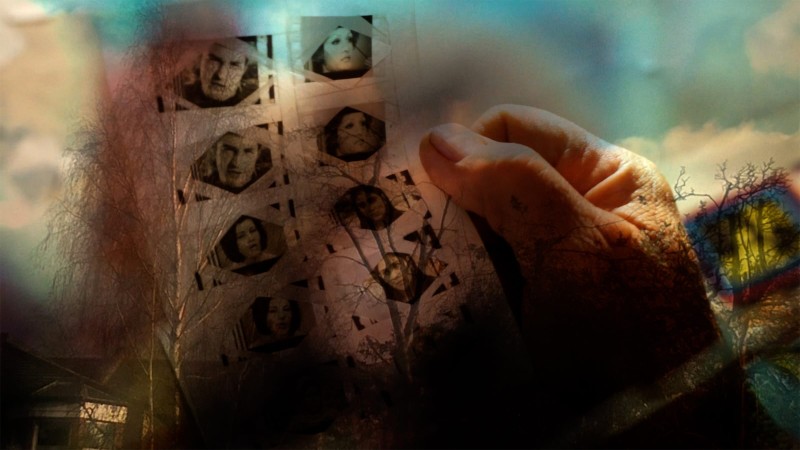How Dweller Charts a Path Through Black Queer Spaces

There are music festivals, and then there’s Dweller. The exuberant celebration of Black electronic music has grown into something of a community holiday for Black artists, music lovers, and dance-floor denizens alike. Every February, giddy audiences converge around a tight collection of New York City venues as the festival creates a rare context in which Black voices and bodies are indisputably centered. In an industry that has spent decades white-washing the origins of techno, it’s hard to overstate Dweller’s impact as a space for reaffirmation. Cocurators Frankie Decaiza Hutchinson and Ryan Clarke have noted that it has come to serve as a polyvocal response to a pressing question: Who does techno belong to?
Founded in 2019 by Hutchinson—one of the forces behind the celebrated collective Discwoman, which consists entirely of women and nonbinary DJs—Dweller has become known for its fluid, intergenerational approach to honoring Black electronic music. Over the years, Hutchinson, Clarke, and fellow curator Enyo Amexo have platformed legends like Theo Parrish, Robert Hood, and Stacey Hotwaxx Hale right alongside more recent luminaries like DJ Lag, Josey Rebelle, and Tygapaw, creating opportunities for the kind of late-night euphoria that has become hard to find in New York’s increasingly precarious and stratified club scene.
Dweller has also made a habit of holding space for slower and quieter modes of engagement. Since its first edition, the festival has presented screenings, poetry readings, and artist-led discussions that pay tribute to the impact of electronic music across disciplines. Now mostly presented under the banner of an annual Educational Night, organized by poet and frequent collaborator S*an D. Henry-Smith, these offerings often set the tone for Dweller’s six-day jubilee.
This year, to celebrate Dweller’s fifth edition, Clarke and Henry-Smith have teamed up with Criterion’s own curatorial director, Ashley Clark, to organize Radical Dreams, Underground Sounds, a collection of films that celebrates Black experimentalism and imagination on and off the dance floor. From Afrofuturist classics like John Akomfrah’s The Last Angel of History (1996) to undercelebrated chronicles of New York’s dance scene like Josell Ramos’s Maestro (2003), the works in this lineup form a kaleidoscope of genres and eras.
With Radical Dreams, Underground Sounds now streaming on the Criterion Channel, I sat down with Clarke and Henry-Smith to discuss their selections, communal dreaming, and the transcendence of the club.









